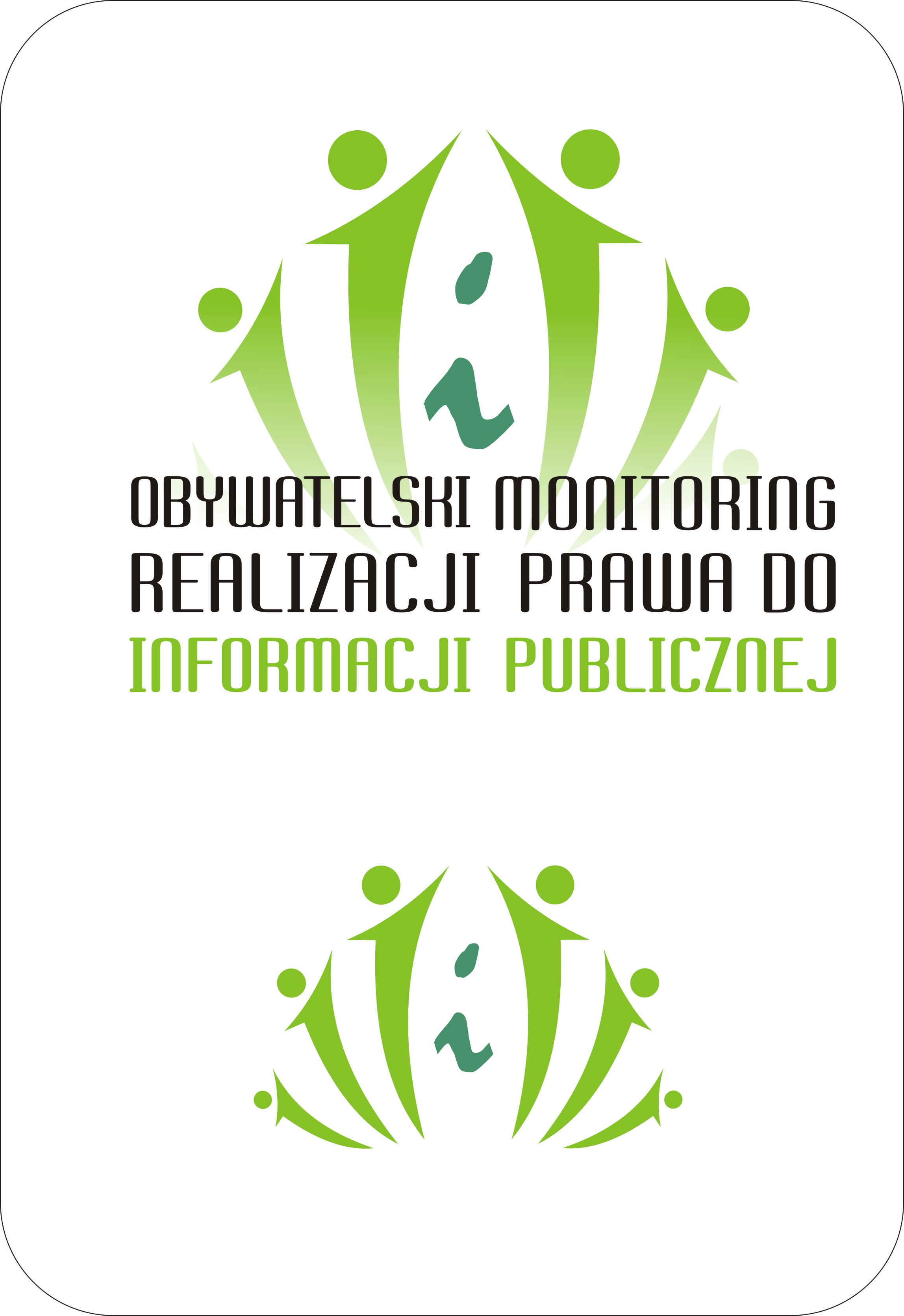Madrid, 28 July 2014 – The Polish central government and voivodships provided less access to information than local governments despite obligations under Polish law, according to research carried out to verify the practical enforcement of citizens’ right to access to public information.
The research, carried out by Association «Cities on the Internet» with expertise input from Access Info Europe, examined more than 100 public bodies around Poland leading to recommendations on how to improve the law, and to the creation of a Transparency Index ranking institutional fulfillment of current obligations under the right of access to information.
“The results of our many months of research suggest that while the public administration in Poland complies with the obligation to provide access to public information to the public better and better, still it is not a satisfactory level. In addition, we have proven that the authorities are doing very little to facilitate the re-use of public information,” said Anna Siemek-Filuś from the Association «Cities on the Internet», leading the Monitoring Civil Right to Public Information Project.
“Through this project we wanted to help raise the standards binding in this field and to contribute to a more effective enforcement of our constitutional rights” added Siemek-Filuś.
To improve the proactive access to information regime in Poland, recommendations included:
» A statutory definition of «public information» that would widen the current unclear understanding of what is included under the law.
» The development of the Public Information Bulletin (BIP) with an easily accessible, searchable, homogenous website supplied with information by the parties responsible.
The research found that public officials were more likely to respond to requests via post than e-mail, and were less likely to respond to people trying to seek information by phone. In many public bodies, the level of knowledge of the provisions of the law on access to public information was low.
Public bodies were also less willing to share information that might be deemed more sensitive to officials, such as the results of an inspection, or implementation of provisions contained in audit conclusions.
“In the case of the right of access to public information in Poland we have to deal with case law. That leaves plenty of room for interpretation, and offices, instead of analyzing the act, must focus on the case law,” stated Grzegorz Sibiga, PhD, Polish Academy of Sciences.
Transparency Index results
According to the Transparency Index, created by Association «Cities on the Internet», the most transparent local self-governments proved to be Krakow, Jastrzębie and Szczecin. The Vice-President of Szczecin highlighted the growth of civic awareness in Poland, as evidenced by participatory budgets introduced by subsequent self-governments.
“We’re going in the right direction. Activation of people, even with civil budgets, makes them assert their constitutional rights, including the right to access to public information, more often and with growing consciousness” said Krzysztof Soska.
Among the central institutions; the Prime Minister’s Office, the Ministry of Interior and the Ministry of Agriculture and Rural Development, and the voivodships: Podlaskie, West-Pomeranian and Pomeranian demonstrated higher levels of transparency.
The analysts involved in the project also assessed Public Information Bulletins, ranking highly Krakow, Szczecin and Jastrzębie, the Ministry of Finance and the Ministry of Economy, and the Silesian, Podlaski and West-Pomeranian Marshal Offices.
Full results of the research conducted under the Project «Monitoring the enforcement of civil right to public information» are available on the website http://www.prawodoinformacji.pl
The project ran from 1 May 2013 to 30 July co-financed by Switzerland under «Swiss Contribution», a Swiss program of cooperation with the new EU Member States.

